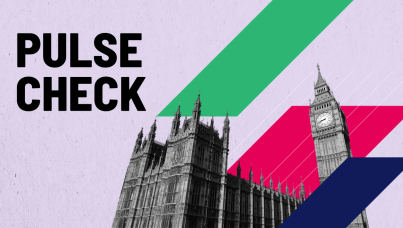Trust in Public Institutions
Defining trust
There is no one universal definition of trust. In one sense trust is about honesty and `telling the truth', but in the context of public services it can also be about wider considerations around service delivery. Here, trust is synonymous with `confidence' and `satisfaction', and based on the outcome of the service and the way it is delivered.
The impact of trust: does it matter?
The level of trust in an organisation affects levels of use and engagement with services. Where there is some choice, for example with NHS hospitals, several participants choose the hospital they think will provide the best quality of care. Where there are no alternatives, for example with some local Council services or the police, some avoid contact with services they do not trust unless it is160 absolutely essential. This can have a direct impact on how well services meet the wider community's needs - particularly if people are less willing to assist services, for example in the case of police, in reporting crimes or acting as witnesses. Another consequence of a lack of trust in services appears to be a greater public vigilance, for example in terms of collecting relevant information, keeping records to `cover' themselves, and asking additional questions. In this sense a decline in trust imposes an additional, unnecessary burden on both service users and providers.
How does trust vary?
Levels of trust vary considerably across different organisations and groups. For example, doctors, teachers, professors and judges are all highly trusted, whereas politicians, journalists and business leaders are not trusted. Trust also varies markedly within systems. For example, within the political system, trust is low in political parties, but higher in the Government and higher still in Parliament. People make a distinction between individuals working for an organisation and the organisation as a whole. The former tend to be trusted more; people trust those they have most contact with (such as front-line staff), while they are more suspicious of `bureaucrats' or `management'. Also significant is a perception that there is something about `the system' in itself that is inherently untrustworthy; whether it be internal targets or covering up mistakes, people perceive the organisation to subordinate the good intentions of individuals.






